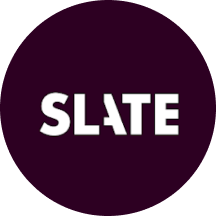Amy Hamm, a nurse in British Columbia, has been suspended for one month and ordered to pay nearly $94,000 in legal costs by the province’s College of Nurses and Midwives. This decision has raised concerns about free speech in Canada. Hamm gained attention for her views on sex and gender, including her belief that sex is binary. She also supported author J.K. Rowling by funding a billboard in Vancouver that read, "I (heart) J K Rowling."
The disciplinary action against Hamm stems from complaints regarding her social media posts, where she sometimes identified as a nurse while expressing her opinions. The college's inquiry committee launched an investigation following a complaint about the billboard. This investigation resulted in a lengthy 332-page report that scrutinized Hamm's tweets, articles, and other online comments.
Among the posts that drew scrutiny was a statement in which Hamm claimed, "trans activists determined to infiltrate or destroy women-only spaces." The disciplinary panel deemed this comment discriminatory, arguing it implied improper and aggressive conduct. Another post that questioned the identity of some individuals who identify as transgender was also labeled offensive.
The hearing, which lasted 19 months, concluded with Hamm being found guilty of professional misconduct for making "discriminatory and derogatory" comments while identifying as a nurse. However, Hamm argued that there were no direct victims of her statements, as no patients or trans-identified individuals came forward to claim harm. The panel's decision was based on the perceived likelihood that her comments could be seen as discriminatory.
Hamm, who has worked as a nurse for 13 years without prior issues, was terminated by Vancouver Coastal Health without severance pay following the ruling. As a single mother without child support, she has struggled to find new employment in nursing. Despite the challenges, she continues to write opinion pieces and advocate for her views.
The case has sparked a broader discussion about the limits of free speech and the power of professional organizations to regulate the conduct of their members. Critics argue that such disciplinary actions reflect a growing trend of censorship and ideological enforcement within professional bodies in Canada.

 Local News in British Columbia
Local News in British Columbia

 Canada News
Canada News CBS News
CBS News Slate Politics
Slate Politics America News
America News